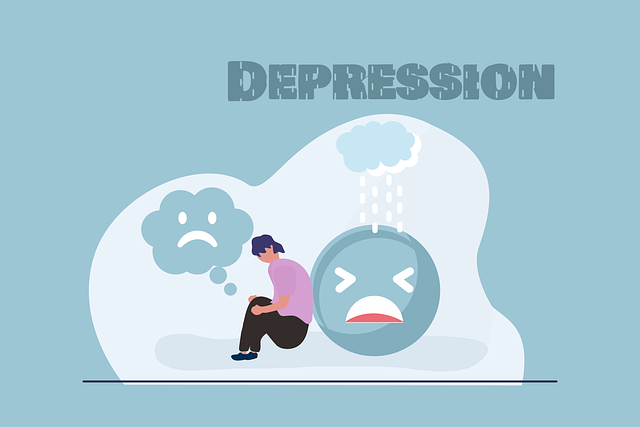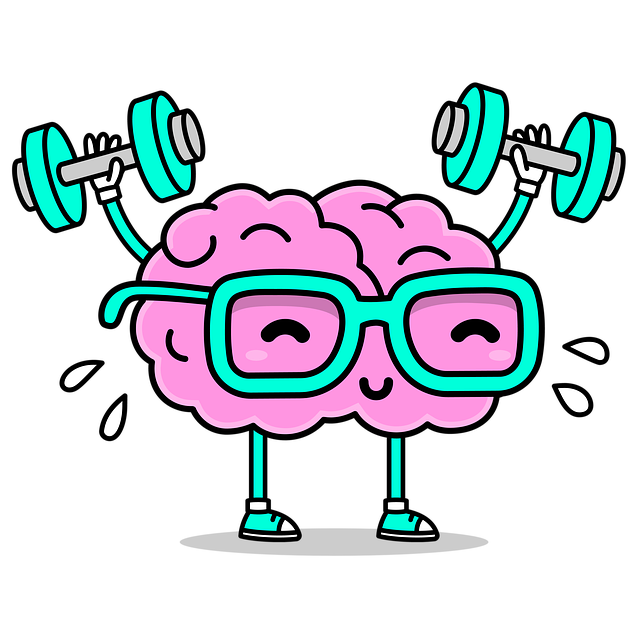Denver prioritizes cultural competency training for healthcare providers and first responders through initiatives like Denver First Responders Therapy, addressing diverse community needs. This holistic approach integrates self-care practices to combat burnout, focuses on stress mitigation techniques, and fosters an inclusive environment where all feel valued. By combining mental health education with community outreach, Denver improves patient care, enhances communication, and revolutionizes public safety services through cultural sensitivity and evidence-based practices.
Healthcare provider cultural competency training is an essential component in delivering quality care, especially in diverse communities like Denver. This article explores the significance of cultural competency from a local perspective, focusing on Denver’s experiences and innovations. We delve into the positive impact of cultural awareness on patient outcomes and provide practical insights for designing effective training programs. Additionally, real-world applications are highlighted through success stories from Denver First Responders Therapy, showcasing how cultural competency can transform healthcare delivery.
- Understanding Cultural Competency in Healthcare: A Denver Perspective
- The Impact of Cultural Awareness on Patient Care and Outcomes
- Designing Effective Training Programs for Medical Professionals
- Real-World Applications: Success Stories from Denver First Responders Therapy
Understanding Cultural Competency in Healthcare: A Denver Perspective

In Denver, cultural competency training is seen as an integral part of healthcare delivery, especially considering the diverse population and unique needs of its communities. This training equips healthcare providers with the skills to offer sensitive and effective care, ensuring that every patient receives respectful, culturally responsive treatment. By integrating self-care practices among Denver first responders and mental health professionals, the city prioritizes their well-being, enabling them to better serve others.
Risk management planning for mental health professionals is a key aspect of this initiative, focusing on stress management techniques to mitigate burnout and enhance resilience. This holistic approach recognizes that cultural competency isn’t just about understanding different cultures; it’s about fostering an environment where everyone feels valued and heard. In doing so, Denver aims to create a healthcare system that truly serves as a testament to the city’s commitment to inclusivity and mental health support.
The Impact of Cultural Awareness on Patient Care and Outcomes

Cultural awareness plays a pivotal role in shaping patient care and outcomes, especially in diverse communities like Denver where First Responders Therapy serves. When healthcare providers are trained in cultural competency, they become better equipped to understand and address the unique needs of patients from different backgrounds. This involves recognizing and appreciating cultural differences in beliefs, values, and communication styles, which can significantly impact how individuals access and perceive healthcare services.
For instance, Denver First Responders Therapy has emphasized the importance of developing effective communication strategies tailored to diverse communities. Through Community Outreach Program Implementation initiatives, they foster trust and encourage open dialogue, ensuring that patients feel heard and understood. Furthermore, Mental Health Education Programs Design should incorporate cultural sensitivity to promote inclusive mental health services. By integrating these approaches, healthcare providers can positively influence patient engagement, treatment adherence, and overall wellness outcomes.
Designing Effective Training Programs for Medical Professionals

Effective training programs for medical professionals should focus on creating a safe and supportive learning environment where participants feel comfortable discussing sensitive topics related to cultural competency. Incorporating diverse case studies, role-playing scenarios, and interactive workshops can enhance engagement and facilitate deeper understanding. In Denver, first responders often encounter individuals from various cultural backgrounds, requiring them to be adept at navigating complex interpersonal dynamics and providing trauma support services sensitively.
Training should go beyond surface-level awareness and delve into addressing burnout prevention and depression prevention strategies tailored to diverse populations. By integrating evidence-based practices and real-world examples relevant to the local community, medical professionals can develop cultural humility and enhance their ability to offer compassionate care to all patients, regardless of their cultural or linguistic background. This holistic approach ensures that Denver’s healthcare providers are equipped with the necessary tools to foster strong patient-provider relationships, ultimately improving health outcomes for diverse populations.
Real-World Applications: Success Stories from Denver First Responders Therapy

Denver First Responders Therapy is a shining example of how cultural competency training can be successfully implemented in real-world scenarios. This pioneering program has equipped emergency service providers with essential tools to address the unique challenges they face daily, particularly when interacting with diverse communities. By focusing on understanding and respecting cultural differences, the therapy sessions foster better communication and enhanced patient care.
The initiative has led to remarkable outcomes, including improved response times and reduced incident-related stress among participants. Through interactive workshops and one-on-one counseling, first responders gain valuable insights into various cultural practices and beliefs, enabling them to provide more personalized and empathetic support. This success story highlights the potential for similar programs to transform public safety services, ensuring that every individual receives respectful and culturally sensitive care, especially those from marginalized communities.
Cultural competency training is a game-changer in healthcare, and as demonstrated by Denver First Responders Therapy’s success, its impact extends far beyond improved patient care. By equipping medical professionals with the skills to navigate diverse cultural landscapes, we foster more inclusive and effective treatment environments. This article has explored the significance of cultural awareness, its positive influence on patient outcomes, and practical strategies for designing training programs. As we move forward, recognizing and embracing cultural diversity in healthcare should be a priority, ensuring that everyone receives compassionate, culturally competent care.









